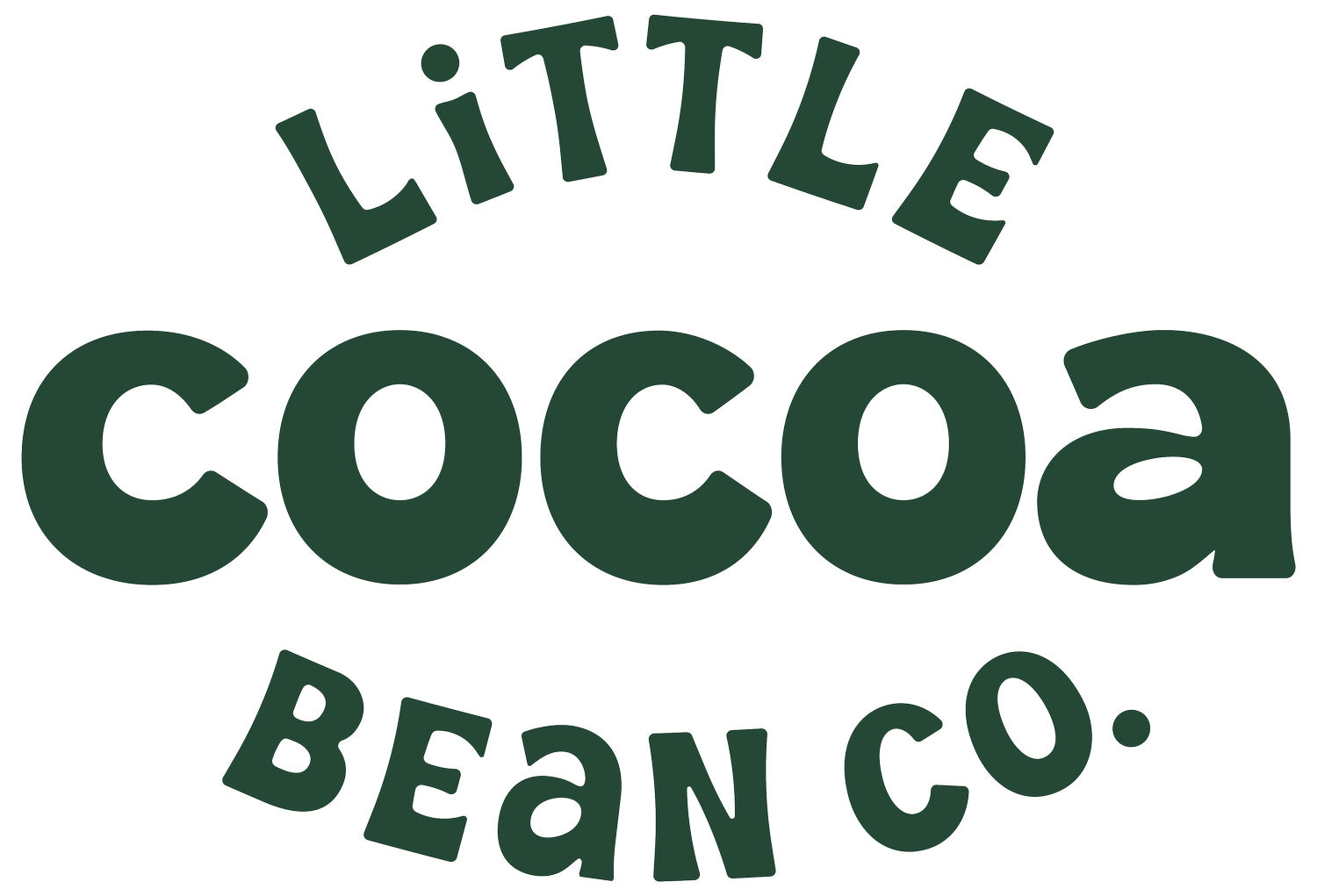Common Infant Digestive Problems
This article, like many others found on our site, was created in partnership with our nutritionist. The information presented is based on research and practice. Ultimately, whatever diet and health-related decisions you make for your baby should be done after consulting with your baby’s pediatrician.
Tummy pain, vomiting, constipation and acid reflux affect most babies in their first months of life. It's not uncommon to see newborns who are spitting up large amounts of milk or choking during feedings. Colic and diarrhea are common too. As a parent, it's difficult to see our babies struggle with digestive issues. It makes them unhappy and when baby’s unhappy, we’re all unhappy. In addition to using clever techniques like changing your feeding position and belly massages, certain foods aid in digestion and can improve your child's ability to absorb nutrients.
Here's the poop on some common tummy troubles that babies face, and how you can tell when baby's problems are serious enough to consult a physician.
Reflux
It can take weeks for the normal squeezing pattern of the stomach to get into rhythm. Until that happens, milk can sit in her stomach longer than normal and then come back up. This is called reflux.
Most cases of reflux disappear once the baby is between 4 and 12 months old. However, the following symptoms may indicate that your child is having problems:
· Poor feeding
· Frequent hiccups
· Congestion and breathing problems
If your baby shows any of the above symptoms, her pediatrician may recommend treating her with medication. Otherwise, you can greatly help matters by burping often (after every ounce of formula or after every couple of minutes of breastfeeding) and keeping them upright for 20 minutes after each feeding.
Vomiting
The most common cause of vomiting in babies is an infection of the intestinal tract by any virus that happens to be going around. The illness usually starts with a sudden bout of vomiting, often with fever or diarrhea (not necessarily in that order). Most infections run their course in two or three days, although a child's tummy often isn't up to snuff for days after.
Worrying typically occurs when you notice a drop-off in the normal number of wet diapers and a shortage of saliva, your baby may be dehydrated.
If your baby won't take, or can't keep down breast milk or formula, offer her a tablespoonful of an electrolyte solution such as Pedialyte or Rehydralyte every 15 minutes or so. Call your pediatrician if she's vomiting up the solution.
In rare instances, vomiting in infancy can indicate that baby was born with, or has developed, a malformation of the digestive tract. One common condition is called pyloric stenosis, which occurs when the muscle at the exit of the stomach thickens, preventing milk from passing through it. No one knows what causes it, but it usually shows up in babies between 3 and 5 weeks of age. The telltale sign of pyloric stenosis is projectile vomiting, vomiting that's forceful enough to shoot across the room. If your baby is diagnosed with pyloric stenosis, usually by an ultrasound, he'll need an operation to open the blockage at the outlet of his stomach.
Diarrhea
Diarrhea in babies is usually caused by a virus. One type, rotavirus, is responsible for most cases of diarrhea in kids. Rotavirus usually shows up during the winter in kids between 6 and 24 months. Once rotavirus takes hold, the only thing you can do is make sure the baby stays hydrated. Your pediatrician would need to perform a test on the baby's stool in order to make a definite diagnosis.
If your baby has diarrhea that just won't go away for more than two to three weeks and she lacks fever or cold symptoms, she could have a milk allergy. In addition to watery stools, allergic babies may be colicky, suffer from cramping when they have bowel movements, have small amounts of blood and mucus in their stool, and develop a rash.
Most allergic babies get better once put on a hypoallergenic formula such as Nutramigen or Alimentum.
Constipation
Constipation, or hard stool is a common problem, especially after a baby starts eating cereals. Another common time for babies to develop constipation is around their first birthday. It's no coincidence that this is also when most parents start children on whole milk. Too much milk can lead to sticky, claylike stools that present a real problem for some toddlers.
If you notice that your child's stools are firm and dry, or he's having difficulty passing them, try cutting out rice cereal for a day or two to see if that does the trick. If you suspect milk is the culprit, try limiting your child's intake to 16 ounces per day.

